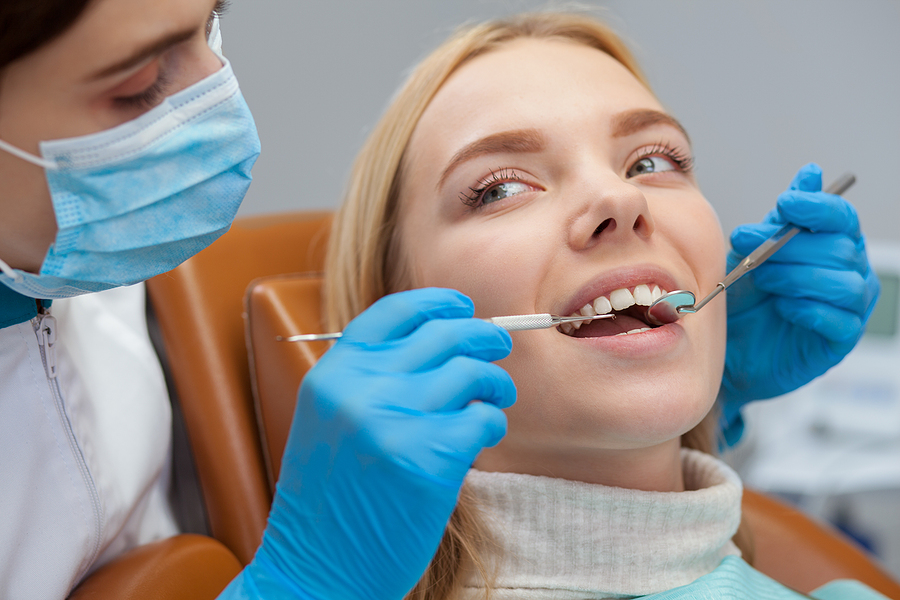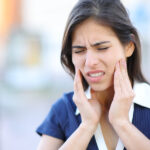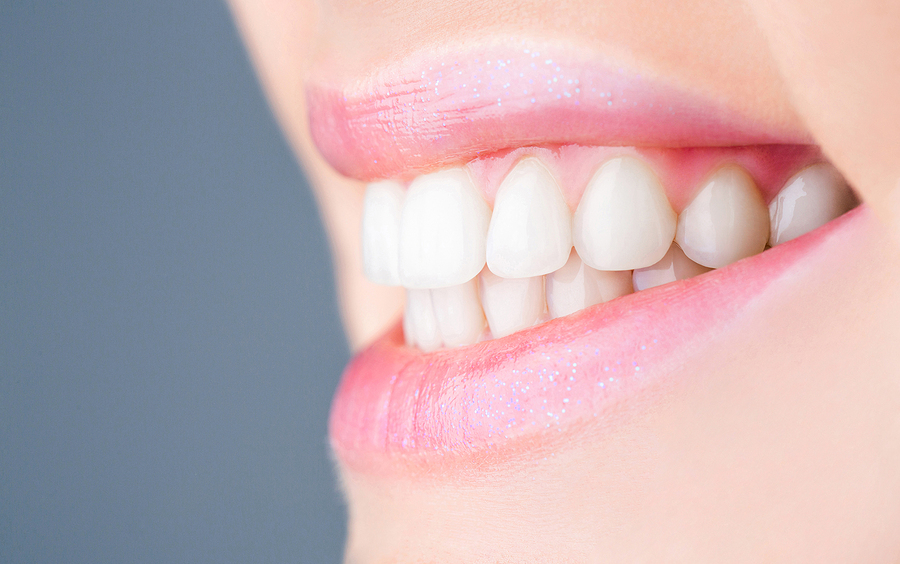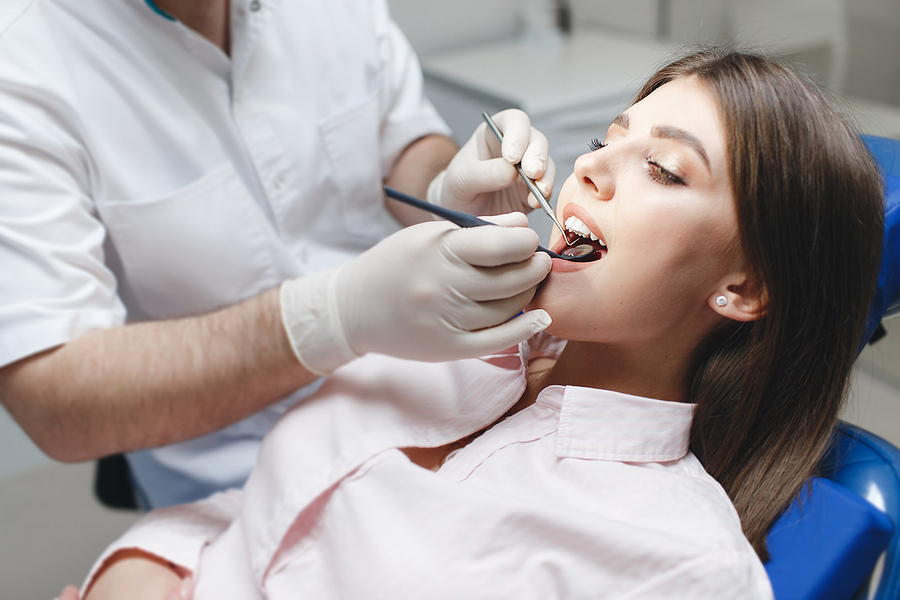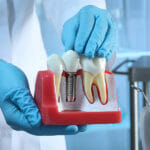A radiant smile is one of a person’s most captivating features. Not only does it boost self-confidence, but it also reflects good overall health. Achieving and maintaining a healthy smile requires a commitment to excellent oral care practices. In this comprehensive dental health guide, we will explore a variety of tips and strategies to help you attain a brighter, healthier smile. Whether you’re a child, adult, or senior citizen, these fundamental principles apply to everyone.
To start your journey towards optimal dental health, begin by finding a trusted oral care professional. Searching for a “dentist near me Kissimmee FL” is the first step in establishing a strong foundation for your radiant smile, ensuring convenient access to quality dental services tailored to your local community.
1. Brushing Techniques for a Healthy Smile
Table of Contents
Brushing your teeth is the cornerstone of good oral hygiene. Adopting the proper brushing techniques is crucial to effectively remove plaque, bacteria, and food particles from your teeth and gums. Regardless of your age, using a soft-bristled toothbrush and fluoride toothpaste is essential for senior citizens with age-related dental issues such as gum recession or sensitivity, an extra gentle touch while brushing is recommended. Consider using an electric toothbrush for more efficient cleaning.
Brush your teeth at least twice daily for at least two minutes each time. Make sure to brush all surfaces of your teeth, including the front, back, and chewing surfaces. Don’t forget to brush your tongue gently to eliminate bacteria responsible for bad breath.
2. Flossing – Don’t Skip This Essential Step
Flossing is often overlooked, but it plays a crucial role in maintaining healthy teeth and gums. Dental floss helps remove plaque and food particles from places your toothbrush cannot reach, such as the gaps between teeth. Flossing is particularly important for senior citizens as it helps prevent gum disease, which becomes more common with age. If traditional floss is challenging, use floss picks or interdental brushes for easier access.
To floss effectively, use a piece of floss about 18 inches long. Gently slide the floss between your teeth and curve it into a C-shape around each tooth. Be cautious not to snap the floss against your gums, which could irritate them. Move the floss up and down several times to remove debris and plaque.
3. The Role of a Balanced Diet in Dental Health
A balanced diet benefits your overall health and significantly impacts your dental health. Foods high in sugar and starch can increase harmful bacteria in your mouth, resulting in tooth decay and gum disease. Limiting sugary and acidic food and drinks is crucial for everyone, including senior citizens, who may have a higher risk of tooth decay due to age-related factors.
Instead, focus on consuming various nutrient-rich foods, including fruits, vegetables, whole grains, lean proteins, and dairy products. Foods like apples, carrots, and celery can act as natural toothbrushes, helping clean teeth and stimulate saliva production. Adequate hydration is also essential to maintain a moist mouth and prevent dry mouth, a common issue in older adults that can contribute to tooth decay.
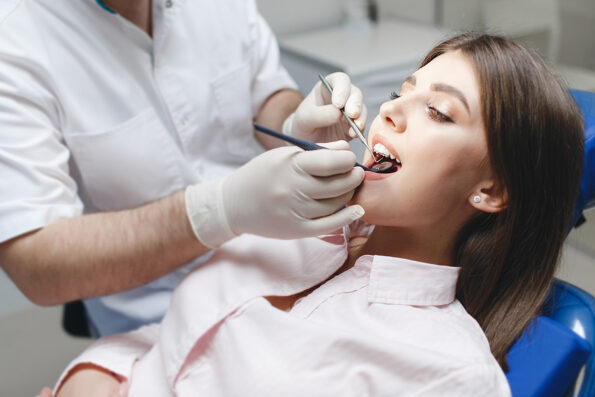
4. Regular Dental Check-ups and Cleanings
Visiting your dentist regularly is vital for achieving a healthier smile. Dental check-ups are even more critical for senior citizens, as they may have specific dental concerns related to aging. Regular check-ups allow your dentist to detect and address potential issues early on, preventing them from becoming more significant problems.
During a dental check-up, your dentist will examine your teeth, gums, and mouth, looking for signs of cavities, gum disease, or other dental problems. Additionally, professional dental cleanings can help remove stubborn plaque and tartar buildup, which can be challenging to tackle with regular brushing and flossing alone.
5. Habits to Avoid for Optimal Dental Health
Certain habits can have a detrimental effect on your dental health, regardless of your age. For senior citizens, avoiding these habits becomes even more crucial to preserve their dental health in their golden years. Some of these habits include:
Smoking and Tobacco Use: Smoking and using tobacco products increases the risk of gum disease, tooth decay, and oral cancer.
Nail Biting: Biting your nails can lead to chipped teeth and jaw problems.
Teeth Grinding (Bruxism): Grinding your teeth, especially during sleep, can cause tooth wear and jaw pain.
Using Teeth as Tools: Avoid using your teeth to open packages or bottles, which can lead to chipped or cracked teeth.
Conclusion
Maintaining a bright and healthy smile is within everyone’s reach with proper dental care and healthy habits. From brushing and flossing techniques to a balanced diet and regular dental check-ups, these tips will help you achieve optimal dental health. Regardless of age, including senior citizens, following these guidelines will pave the way for a lifelong confident smile and overall well-being. So, take charge of your oral health today and embrace the transformative power of a healthy smile!
Image Source: BigStockPhoto.com (Licensed)
Related Categories: Health, Reviews



